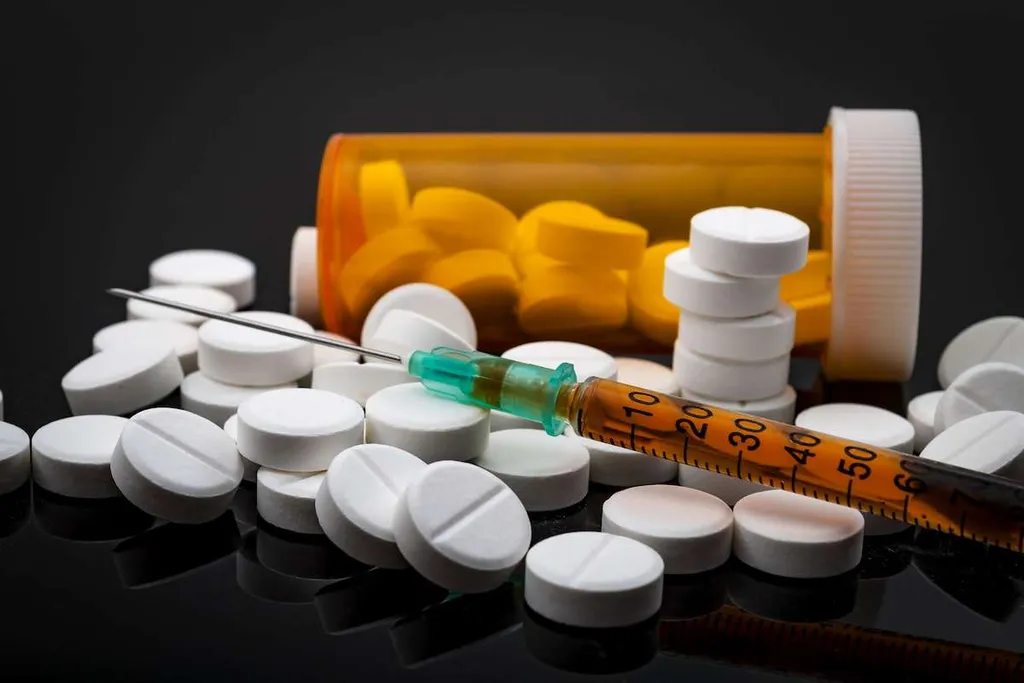
While drinking alcohol isn’t the sole reason for assault, it plays a substantial role in whether someone commits a violent crime. Anger is often seen in individuals with posttraumatic stress disorder (PTSD), a condition that can develop after witnessing or experiencing traumatic events. Those with PTSD may have heightened emotional reactivity, particularly in response to triggers that remind them of past trauma.
Recovery
- Advancements in the science and treatment of AUD are steadily increasing, providing hope for those affected by this devastating disorder.
- However, this relationship is a bit more turbulent when it comes to recovering alcoholics and anger.
- Whether you have had a bad day at work or are stressed trying to get the kids to do their homework it is the number one reason why our clients drink.
- Alcohol is particularly difficult because so many people view drinking as normal, and it can crop up in unexpected places like office parties or even a neighborhood potluck.
- While the neurochemical effects of alcohol are universal, not everyone becomes an angry drunk.
Understanding the triggers and warning signs can be crucial in helping you or a loved one manage this condition and seek appropriate treatment. Recovery is an ongoing process and can involve many fluctuations and challenges. During this process, thoughts, feelings, or situations, sometimes referred to as high-risk situations, can cause you to be reminded of past substance use and feel tempted to return to these behaviors. Understanding the link between anger and alcoholism involves recognizing how emotions influence human biology and the negative impact of anger on our lives and relationships.
Mental health problems
As if that wasn’t complex enough, anger can https://ecosoberhouse.com/ also result from inherited tendencies or brain chemistry. Furthermore, underlying mental health conditions might influence your trend towards angry outbursts. This is why speaking with a therapist can help identify the root cause of addiction. The link between alcohol and anger has to do with alcohol’s ability to remove your inhibitions and disrupt your emotional regulation. When you drink alcohol, parts of your brain that manage anger are suppressed, making it more likely for angry feelings to bubble to the surface. The co-treatment of alcohol recovery and anger management can be a very individualized process that may change according to your needs.
- These are internal or external experiences that remind you of mental health trauma or breakdowns.
- Furthermore, underlying mental health conditions might influence your trend towards angry outbursts.
- They may begin to feel discontent with their progress and restless in their disintegrating routine.
- Expecting triggers and planning to cope with them effectively is the best way to defend against addiction relapse.
Assessing the Level of Risk
In this article, we will explore the relationship between alcohol and anger, and how they can interact to potentially lead to aggressive and problematic behaviour. It may be possible for someone with anger management issues to change their behavior. However, this can depend on having a willingness to change, the support of friends and family members, and, if needed, professional help. While this potential connection is a common stereotype, researchers have not yet reached a definitive conclusion on the matter.

Alcohol use and anger can both be treated using psychotherapy approaches rooted in cognitive behavioral therapy (CBT). Anger expression may also be confused with aggression or hostility, two consequences of drinking commonly cited in research. Extreme emotions that are usually hidden from others, like anger and sadness, may be more noticeable when you drink because you’re less able to conceal and manage them. When they come out, others notice them because they’re not a part of the everyday social experience. Alcohol impairs cognitive function, which means it is more difficult to problem-solve, control anger, and make good decisions when drinking. Decreased cognitive function also means it’s more likely for you to misread a situation and overreact.

What’s the connection between anger, anxiety, and other mental health challenges?
When used excessively, this method of self-management can lead to alcohol use disorder and comorbid mental and physical health disorders, such as depression, which is also a known risk factor for substance use disorders. It may be that rather than making people angry, alcohol makes people who are prone to anger more likely to act on those feelings. This idea aligns with the understanding that drinking reduces behavioral inhibitions. That is, people who are intoxicated often engage in behaviors they would not when sober. The first step is recognizing the problem, and in order to conquer that problem it is important to know what you are up against. For some this is because they tend to suppress their anger when they are sober so they act out more when they are drunk, according to studies.
- If anger is a symptom of someone’s mental health disorder, alcohol can intensify the anger to dangerous levels.
- You are working on reprogramming your mind to break the association between the experience and the drug itself.
- It is important to note that alcohol-related aggression and/or violence do not occur in the majority of all chronic alcohol consumers or all alcohol-dependent individuals.
- Support from a therapist and practicing consistent self-care can help you better manage your feelings and learn healthier ways to respond.
- Professional guidance can provide the tools needed to navigate these complex emotions and foster healthier habits.
- The first step is recognizing the problem, and in order to conquer that problem it is important to know what you are up against.
Physical Relapse
It is best to choose a time when your friend is thinking clearly and seems receptive. Let them know you are concerned about the pattern you have noticed and how they may benefit from a recovery program. They may not be aware of the newer and more convenient options that exist today. Anger is a normal human emotion that we all feel at times and for different reasons. It can even be productive because it tells us we need to address some things that aren’t going well in our lives. Drinking alcohol releases norepinephrine into the brain, a stimulant that can decrease our inhibitions while increasing our impulsivity.

3.3 Anger-related cognitions outcomes

It sounds silly but sometimes that little bit of assurance — even if it’s coming from your own lips — can be enough to keep the trigger from causing problems. Not necessarily, studies show that while alcohol and aggression do, indeed, share a neurological link, not everyone gets aggressive after having a few too many. Recognizing that each individual’s journey toward recovery is unique, individualized treatment plans are essential. Guiding the individual to a quiet and private alcoholic rage syndrome space away from potential triggers or onlookers can help reduce stimulation and facilitate more effective communication. When confronted with anger in intoxicated individuals, maintaining calmness and composure is key.
Seeking Help at West LA Recovery: A Holistic Approach to Substance Abuse Treatment
Ultimately, nobody knows what comes first—anger or alcohol use disorder (AUD). However, some studies have been done to better understand who is more at risk. If anger is a symptom alcoholism of someone’s mental health disorder, alcohol can intensify the anger to dangerous levels.
